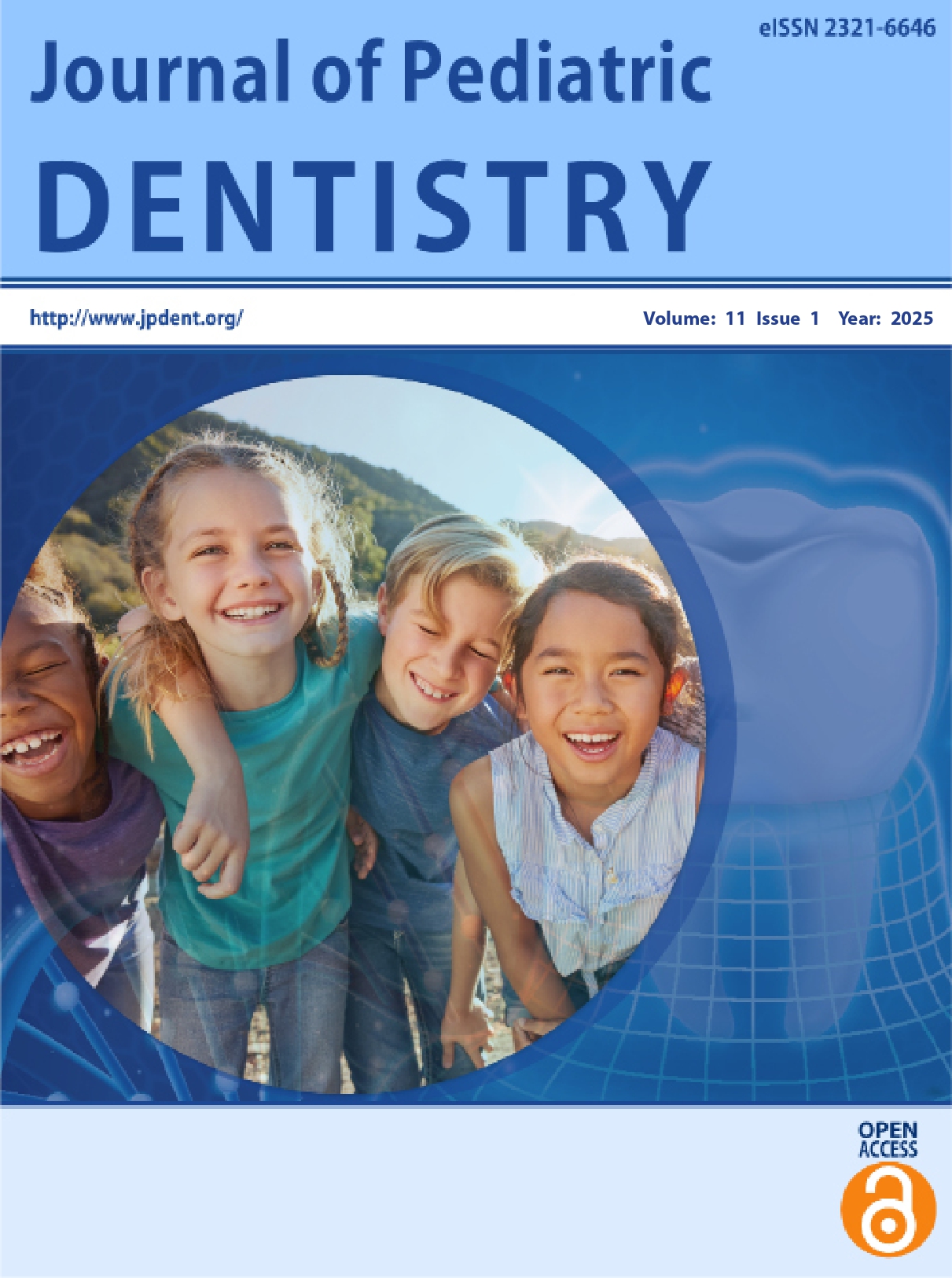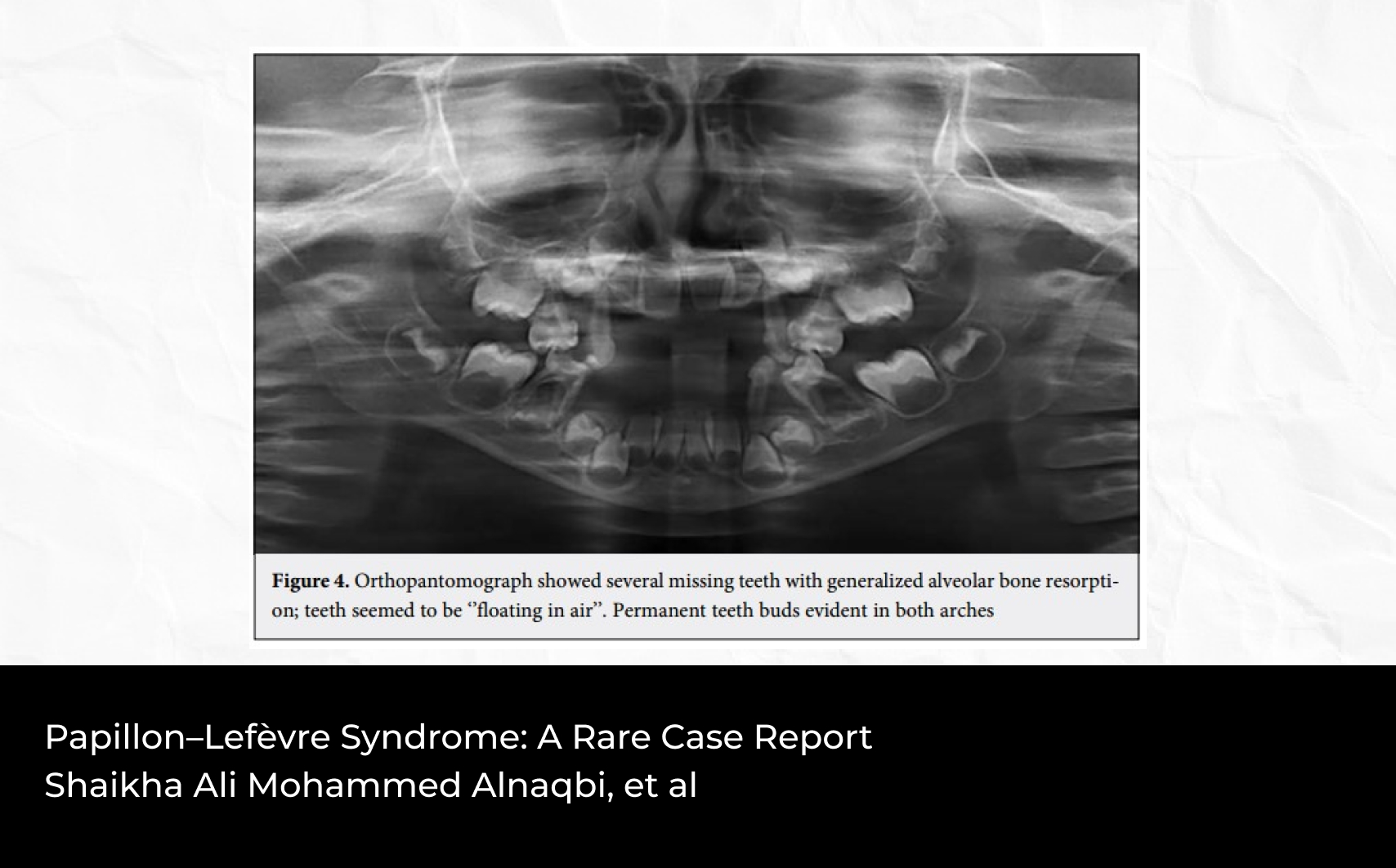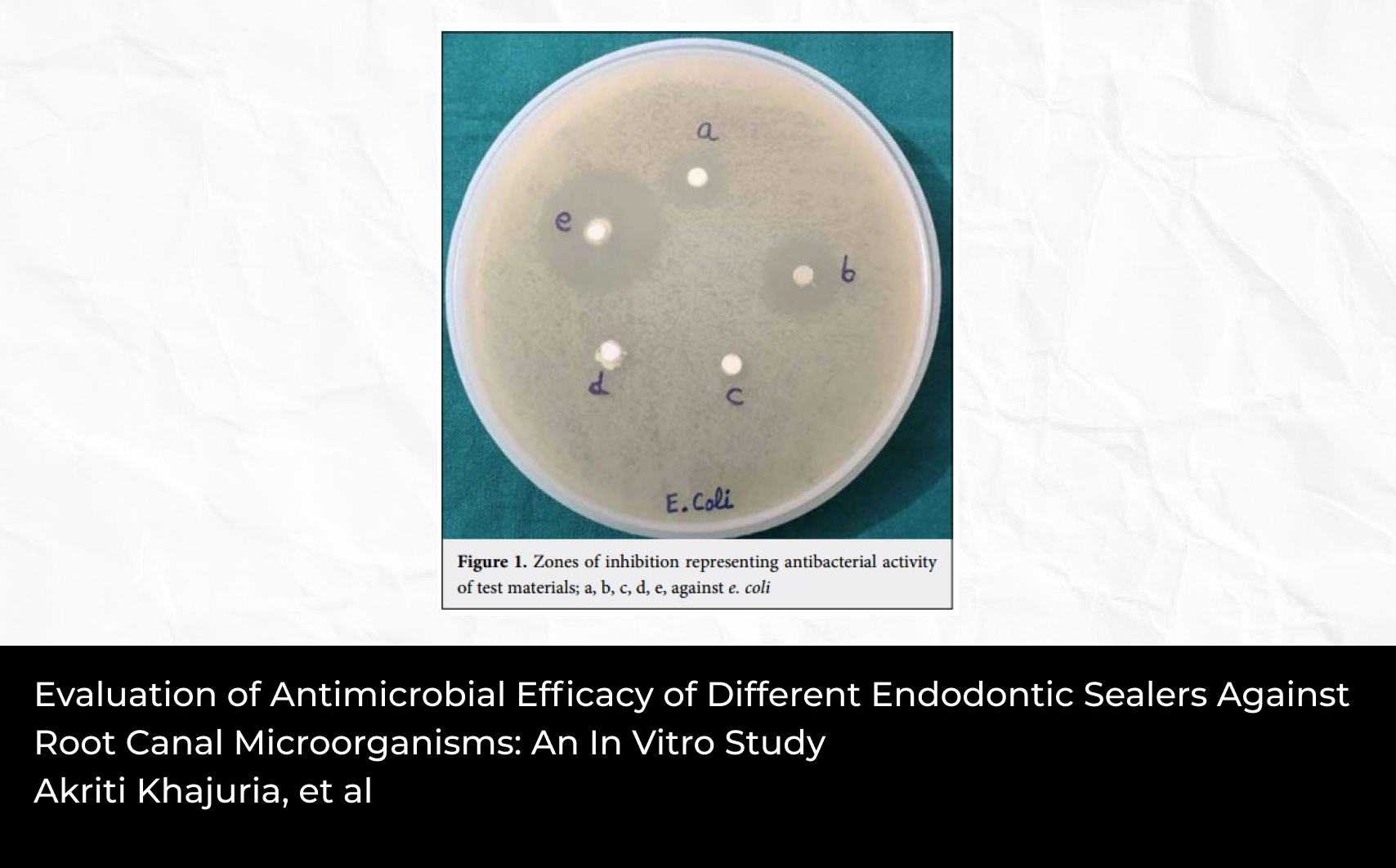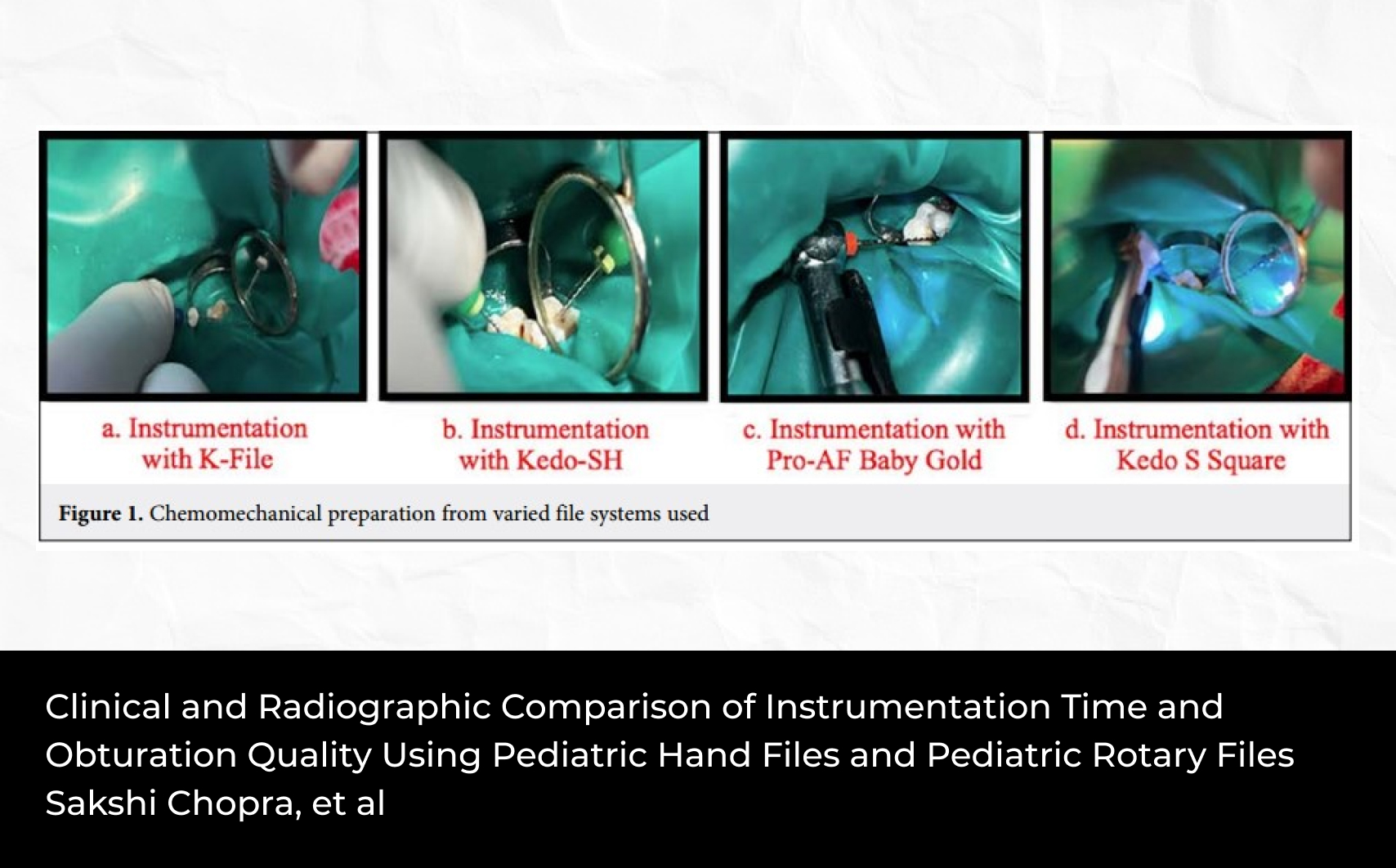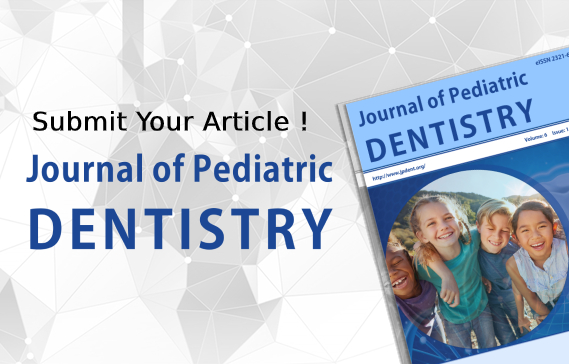2Department of Paedodontics, School of Dentistry, College of Medical Sciences, University of Benin, Nigeria; Department of Paediatric Dentistry, University of Benin Teaching Hospital, Benin City, Nigeria
3IVAN Research Institute, Enugu, Nigeria; Department of Public Health and Health Sciences, Northeastern University, Boston, USA
4IVAN Research Institute, Enugu, Nigeria; Department of Sociology/Anthropology, University of Nigeria, Nsukka, Nigeria
5IVAN Research Institute, Enugu, Nigeria; Healthy Sunrise Foundation, Las Vegas, USA
6IVAN Research Institute, Enugu, Nigeria; Department of Periodontics, School of Dentistry, College of Medical Sciences, University of Benin, Nigeria
Abstract
Objective: Childhood oral health is crucial for overall well-being, yet dental caries and periodontal diseases remain significant public health challenges in low- and middle-income countries (LMICs) like Nigeria. Family structure, defined by household composition and dynamics, influences children's health outcomes, including oral health. This study investigates the association between family structure and oral health in children from the South-South region of Nigeria.
Materials and Methods: A cross-sectional study was conducted among 406 children aged 6–15 years attending the Paediatric Dental Outpatient Clinic at the University of Benin Teaching Hospital. Data were collected through structured interviews and clinical examinations. Family structure, oral hygiene practices, and caries severity were assessed using validated tools. Chi-square test was used to identify significant associations.
Results: Most participants lived in monogamous households (90%), and over 93% lived with both parents. Children from polygamous families had higher caries severity compared to those from monogamous households (p<0.001). Similarly, children living with both parents had better oral hygiene practices, including toothbrushing and fluoride use, but also exhibited severe caries, such as pulpal involvement and abscesses. Birth order had no significant influence on caries severity, although first-born children showed slightly better oral hygiene practices.
Conclusion: Family structure significantly impacts children's oral health in South-South Nigeria. Children from polygamous households and those living with both parents exhibited higher caries severity. Further community-based studies are recommended to explore these findings across diverse LMIC settings for targeted interventions and policy development.

